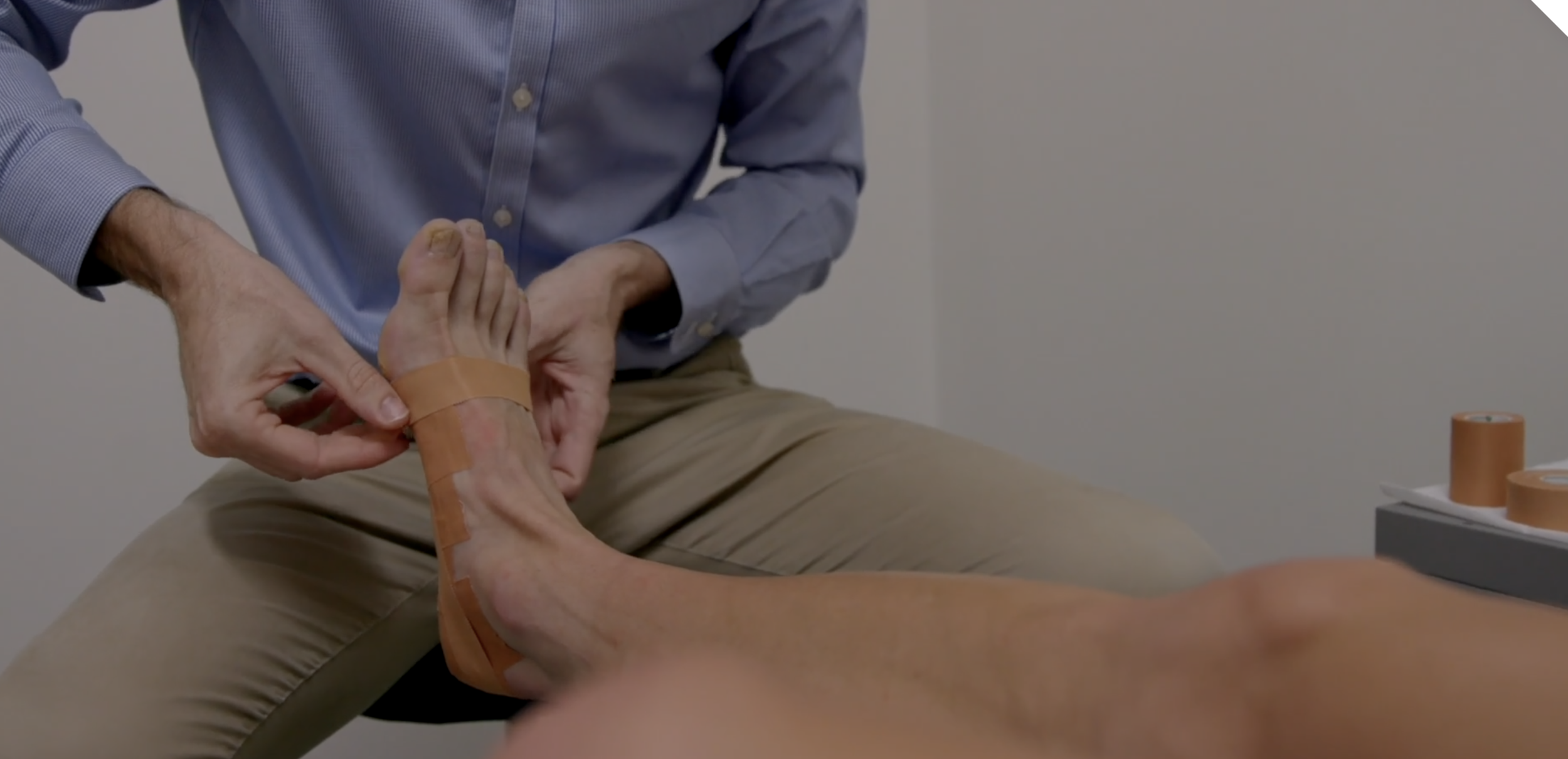
Bunions
Bunions not only change the way our feet look, but may also cause physical pain. At Foot Faults, we’ll help eliminate your pain and get you back to an active lifestyle by designing an effective, pain-free treatment plan that’s tailored to your symptoms.
-
Not only are bunions one of the most common foot conditions, they’re also commonly misunderstood. While many assume they are growths, bunions are actually caused by a change in the angle of the big toe. This causes the toe joint to protrude, forming a bony lump on the side of the foot. Many people have bunions with mild or no pain at all, and others experience significant pain and pressure. Pain often increases as the condition worsens and, if left untreated, the joint may become degenerative leading to issues, such as arthritis. If you suffer from bunions, you may be experiencing pain from within the joint, or pain on the surface of the joint, which is often caused by from pressure and rubbing against footwear.
-
Another misconception about bunions is that they’re caused by ill-fitting footwear. While the wrong footwear can definitely make bunions more painful, the cause is typically rooted in genetics (thank dear old mum and dad!). Bunions can also be the result of an injury to the foot and can be associated with conditions such as Rheumatoid Arthritis.
-
Bunions can cause foot pain for multiple reasons. Often pain is due to the bunion rubbing on shoes, as the bunions increase the width of the foot. Some of our clients experience a lot of deep pain within the joint. This is because the joint is at an abnormal angle so it isn’t wearing straight. This eventually leads to arthritis in the joint. The bunion also causes pressure against the second toe as it pushes sideways. It causes the big toe to rub against the second toe and a little corn or bit of hard skin may form between them. It can also cause that second toe to lift upwards, which causes pressure and pain beneath it.
-
You don’t have to live with bunion pain any longer. Our experienced, highly trained podiatrists will assess your bunions and advise you on the best treatment for your specific case. This may include footwear options for support and optimal comfort, the right inserts for your shoes to relieve pressure, and other methods of pain management. We’ll also examine your feet to assess whether you’re part of a small group of severe cases that require surgery.
As the severity of bunions often progresses with time, we advise you to book an appointment at the early stages. Research shows that decreasing the load through the joint can slow down the development of the bunion.
-
